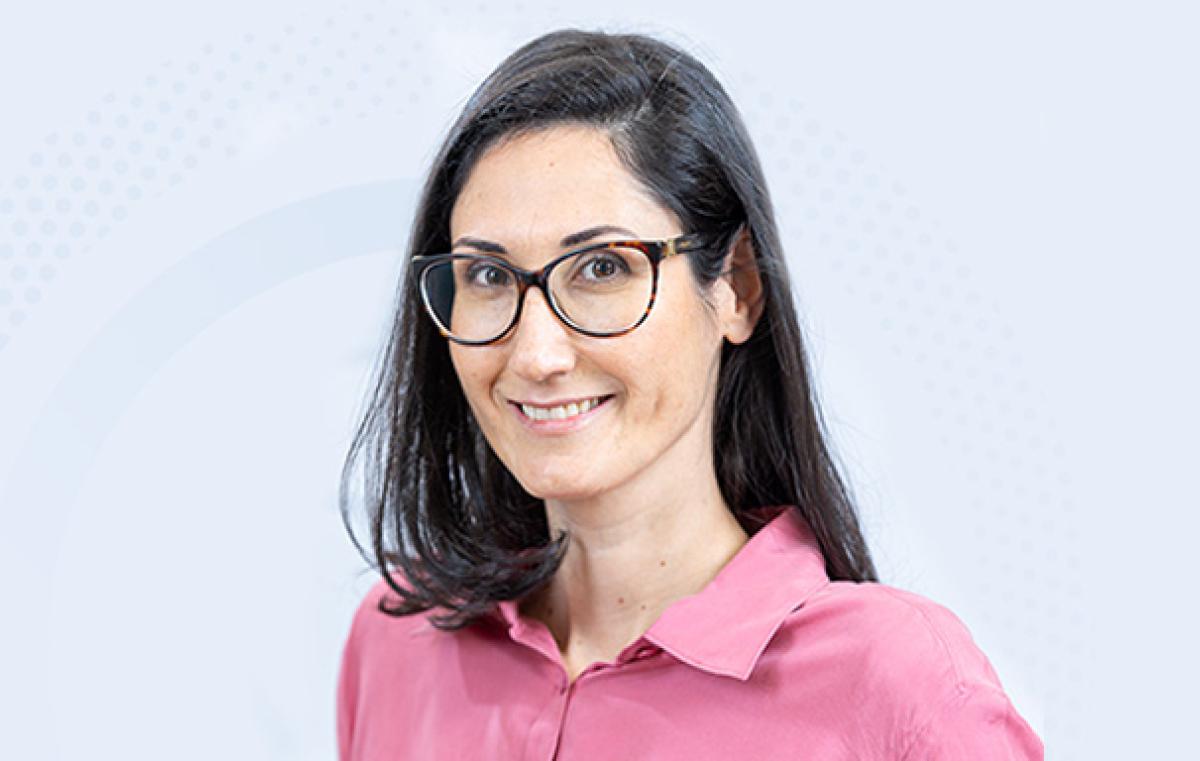Implicit Bias in Tort Law
Recent studies by Dr. Maytal Gilboa, of BIU’s Faculty of Law, explain that the structure of tort doctrine and the way compensation is calculated may lead to biased tort decisions

Dr. Maytal Gilboa’s research, at the Bar-Ilan Faculty of Law, challenges the idea that the foundations of tort doctrine are objective and neutral and therefore free from subjective influences. “The breach of the duty of care, for example, which is concerned with the question of whether the defendant behaved negligently, or the factors used to calculate the damages for pain and suffering, may be fertile ground for implicit bias to influence judges and other decision-makers,” notes Dr. Gilboa.
“My research sheds light on such questions and explains which elements of tort law may be especially prone to the influence of implicit bias, and at the same time, also offers ways to contend with this phenomenon. The research’s importance is not only theoretical; it also lies in drawing the attention of those making decisions in tort cases to the potential influence of implicit bias on their decisions.”
In addition to tort law, Dr. Gilboa researches another key area of private law – unjust enrichment. She and Dr. Yotam Kaplan, another scholar at Bar-Ilan Faculty of Law, were recently awarded grants from the German Israeli Foundation (GIF) and from the Israel Science Foundation (ISF) for studies they are conducting jointly in this area.
The field of unjust enrichment is evolving rapidly. Theoretical research on the subject is important not only for expanding and developing our understanding of the field, but may also help on a practical level, for example, to increase the coherence and clarity of legal decisions based on the law of unjust enrichment. “Deepening research in this field will allow the law to address new challenges. For example, with respect to climate change litigation, under certain conditions, a claim against polluters based on unjust enrichment may prove to be more effective than a tort claim,” says Dr. Gilboa.
Dr. Gilboa and Dr. Kaplan’s work was recently cited by the US Court of Appeals (Second Circuit) in the matter of Citibank v. US LLC LP. About two years ago, Citibank mistakenly paid an amount of nearly one billion dollars. In an earlier decision, the New York District Court had denied restitution of the mistaken payment from Citibank. Dr. Maytal Gilboa and Dr. Yotam Kaplan then published an article arguing that the decision is not consistent with the economic rationales of the law of unjust enrichment, on which the decision was based. And so, citing and quoting their article, the US Court of Appeals accepted their position and reversed the original decision.
For more on BIU’s Department of Law